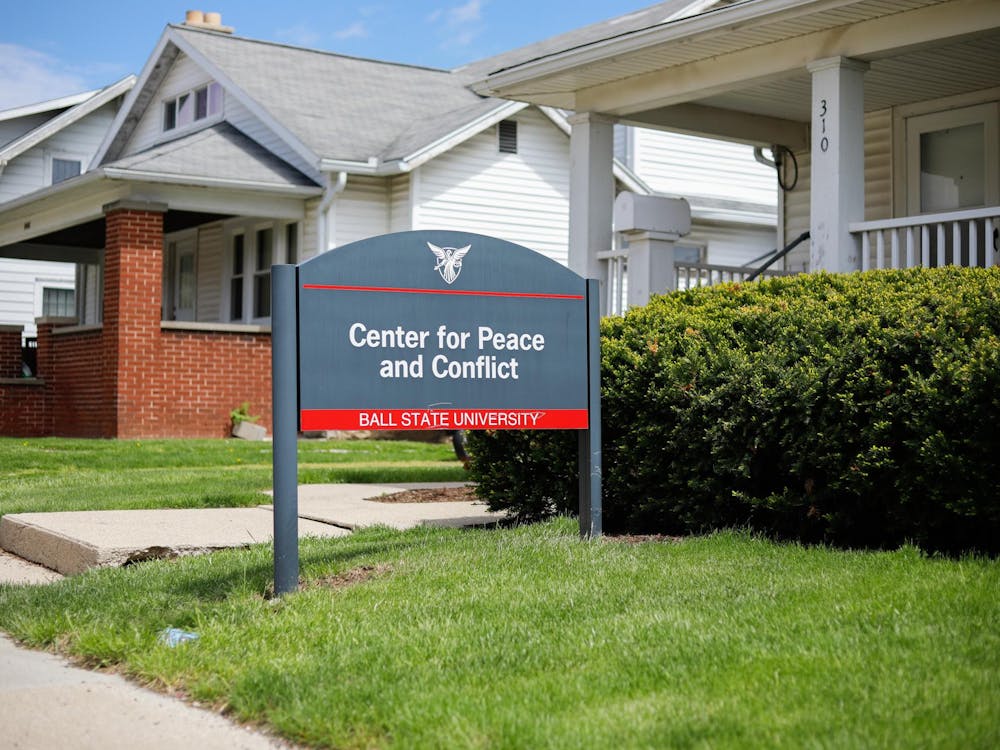Ball State Junior Kimberly Vicary was able to do it while baby-sitting full time during the summer.
"I wasn't on a time schedule where I had to be somewhere at a certain time," she said. "I could just do it at my own convenience."
Vicary is one of several thousand students who have taken online classes through Ball State University.
"It was really nice because when the baby would sleep, I would start working on my classes," Vicary said.
Ball State offers online courses to on- and off-campus students, but it has not been pushed as an alternative to traditional lecture based classes just yet.
Joel Whitesel, director of online and distance education, said on-campus students taking classes online, especially core classes, could become more common within the next few years.
He said one possibility is to offer online courses to students who were not able to get into the class they wanted, especially if that class is a part of the core curriculum.
"People are communicating more often online with Facebook and tools like that," he said. "We're more accustomed, it's what people are demanding. It's what students want."
National Outlook
Jeff Babson, Babson Survey Research Group co-director, said about 30 percent of U.S. degree-granting colleges offer hybrid programs. A hybrid course meets once a week and then students must log a certain amount of hours on their personal computer or in a lab.
The University of Central Florida is one university that devotes a lot of resources to online education.
Josh Hillman is a sophomore at UCF. Like the other 49,000 undergraduates, he is required to take a hybrid math course. Sections of up to 19 students meet once a week and then are required to spend three hours each week in the Math Assistance and Learning Lab.
Tammy Muhs, UCF General Education Program Mathematics coordinator, has seen positive results since switching from lecture hall based teaching to online learning.
"We've been able to take lesser prepared students up to a point where they're passing, whereas in a traditional class they would have fallen by the wayside," Muhs said.
Hillman is taking four of his seven classes online. He believes that taking the classes has given him more free time to pursue his interests.
"I feel very connected to campus. It allows you to do some of the other things that you wouldn't normally be able to do, such as join an organization or get involved on campus because you have more time," he said.
While online classes don't require as much in class time, they do require other things.
"It takes more self-motivation and time management to be able to work with online as oppose to face-to-face," Whitesel said. "Face-to-face you know you're going to have to deal with that instructor, but online you don't."
Online at Ball State
Whitesel believes that online classes can offer different benefits to Ball State students than classes in traditional lecture halls. Whitesel says the virtual classroom can give someone who isn't comfortable voicing his or her opinion to ask questions in a non-threatening format. Another benefit for students is having the ability to replay and re-listen to lectures.
Having classes online also gives professors the ability to monitor progress of students more effectively. According to Whitesel, professors can use programs to track when students visit a site and how much time they spend on the site. He says it also allows professors to give feedback more quickly and effectively.
"I really believe that distance education and online education are the future for higher education," Whitesel said. "It's really the direction things are going."




